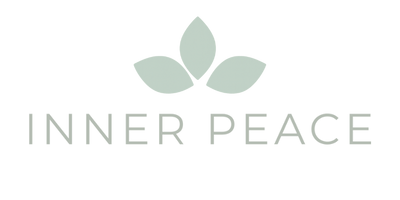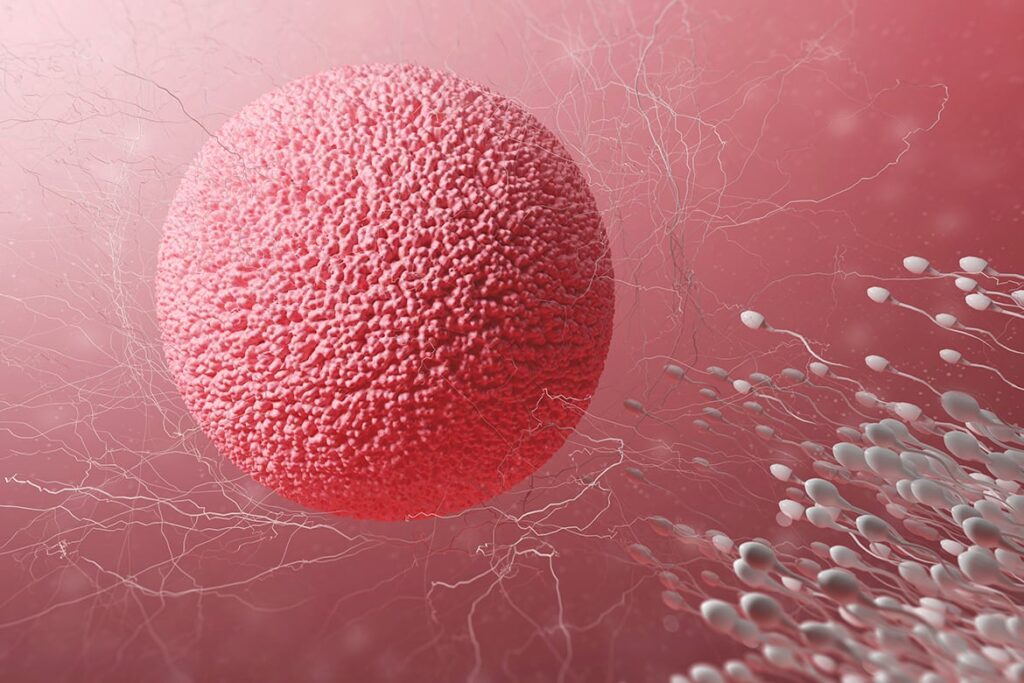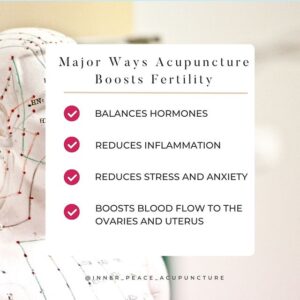One of the biggest obstacles to conceiving is diminished ovarian reserve. What does that mean exactly? Does it mean you have no eggs left? Can you even get pregnant? From everything you’ve read, it seems like this diagnosis means your chances of conceiving are slim to none, and using donor eggs is the only solution.
Chances of Conceiving
That’s not necessarily true. I caught up with Dr. Bradley Hurst, Director of Assisted Reproduction from the Women’s Institute at Carolina’s Medical Center to get answers and clarify some of the confusion around this topic.
Q: What is diminished ovarian reserve?
A: We defined diminished ovarian reserve as either elevated basal FSH (above 11), a relatively low AMH (less than 1) level, or poor response to IVF medications (less than five mature eggs retrieved). If a woman is undergoing assisted reproduction, ultimately the response to IVF medication is the best indicator of her ovarian reserve.
Q: How do you diagnose someone with diminished ovarian reserve?
A: We diagnose through blood work to find out the FSH and AMH levels. At the Women’s Institute, it is the standard protocol for every patient.
Q: Is diminished ovarian reserve related to age?
A: As women age, FSH elevates and AMH decreases. However, age is not a cause of diminished ovarian reserve.
Q: What are the causes then?
A: Causes are mostly unknown. However, diminished reserve has been linked to family history, immune disorders, ovarian surgery, cancer treatments, and smoking.
Q: How do these factors influence ovarian reserve?
A: A woman’s fertility starts to decline approximately 15 years before menopause, and closely follows the patterns of her mother and maternal grandmother. Therefore the ages of grandmother and mother’s last pregnancy, as well as menopause are important. Cancer treatments such as chemotherapy and radiation, immune disorders such as hypothyroidism can damage the ovaries and reduce reserve. Any ovarian surgery such as endometriosis removal can damage the ovaries as well.
Q: Let’s talk about smoking for bit since so many people claim to be “social” smokers. How exactly does that affect your ovarian reserve?
A: Smoking is a major cause of diminished reserve. The toxins will cause follicle depletion. It takes very little to cause damage to the ovaries, and this type of damage is irreversible. Studies have found that IVF patients who smoke have a 50% less chance of achieving pregnancy.
Q: Here is a burning question from everyone who has been diagnosed with diminished reserve, does this mean you have bad eggs?
A: No. Diminished reserve doesn’t mean you have bad eggs. Egg quality is not related to ovarian reserve, rather it’s related to age.
Q: Does it mean you have no eggs left?
A: No, it means you have fewer eggs available. We have found that during an IVF cycle, the average number of eggs collected is 10-15. If the AMH is less than 1, that number drops five. If the AMH is less than 0.3, the number of eggs retrieved is less than 5. This is true regardless of age.
Q: Is the person with this diagnosis at a higher risk for miscarrying if pregnancy does occur?
A: No, there is no evidence that correlates risk of miscarriage to diminished reserve.
Q: What are the conventional treatment options?
A: Even in situations where ovaries can’t be stimulated with medication we still want to do everything we can to give the person the best chance possible to conceive naturally. There is always a chance of natural conception as long as a woman is ovulating, there are no structural issues such as tubal blockage or uterine anomalies, and no male factor issues. We often use medications such as Letrozole or Clomid, with or without artificial insemination. If a woman is under 35, her egg quality is not an issue even if the AMH is undetectable. Egg donation is usually the last resort and best used for those who are over 35 with an undetectable AMH, and are under going IVF treatments.
Q: Are there any supplements that you would recommend?
A: Currently, there are no studies that show improvement of diminished reserve with any supplements.
Q: What is your tip for women with diminished ovarian reserve?
A: There is always a chance for natural conception. Make sure you have intercourse at least twice a week. We know that when a woman has intercourse on a regular basis, there is no need to use the ovulation predictor kits. Last but not least, talk to your doctor about treatment options.
Thanks Dr. Hurst! We really appreciate you sharing your knowledge with us!






